Understanding the Cost of Milk Production
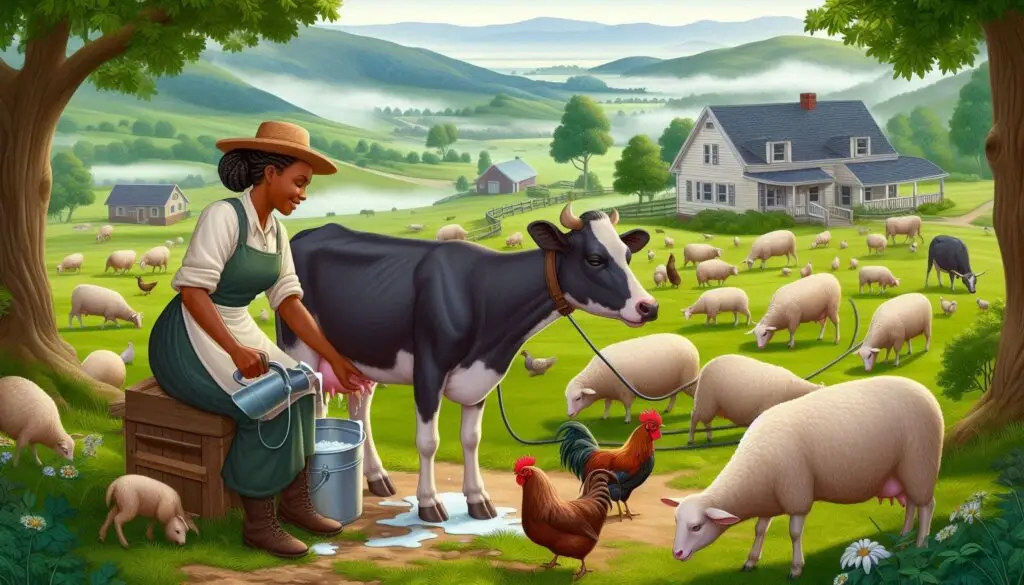
Introduction
Milk production is a vital agricultural activity worldwide. Understanding the costs associated with producing milk is crucial for dairy farmers aiming to maintain profitability. This article delves into various factors influencing milk production costs, including feed expenses, labor, and economic conditions.
The Basics of Milk Production Costs
What Are Milk Production Costs?
Milk production costs encompass all expenses incurred during the process of producing milk. These costs can be categorized into two main types:
- Fixed Costs: These do not change with the level of milk production. They include:
- Land rent
- Machinery depreciation
- Insurance
- Taxes
- Variable Costs: These fluctuate based on production levels. They include:
- Feed costs (the largest component)
- Labor expenses
- Veterinary services
- Utilities
Importance of Understanding Costs
Understanding these costs helps farmers make informed decisions about managing their operations effectively. It also aids in setting competitive prices for their products.
Factors Influencing Milk Production Costs
1. Feed Costs
Feed is often the most significant expense in dairy farming. It can account for 40% to 60% of total production costs. Variations in feed prices can dramatically impact overall costs. For instance, in 2022, feed costs averaged $14.68 per hundredweight (cwt) of milk produced, up from $13.43 in 2021 (source).
2. Labor Expenses
Labor costs also play a critical role in determining overall milk production costs. The average labor cost can vary significantly based on the region and farm size.
3. Economic Conditions
Economic factors such as market prices for milk, government policies, and global events (like the COVID-19 pandemic and geopolitical tensions) can influence both feed prices and overall profitability (source).
Regional Variations in Milk Production Costs
United States
In the United States, the average cost to produce milk was about $18.21 per cwt in recent years. However, this figure varies by state due to differences in labor and feed availability (source).
European Union
In the EU, the cost of producing milk was approximately €0.48 per kilogram in 2021. Unfortunately, only 77% of these costs were covered by milk price revenue (source).
India
In India, average production costs were around Rs 31.85 per liter for buffaloes. The high cost is attributed to low genetic potential among local breeds and fluctuating feed prices (source).
Analyzing Cost Components
Fixed Costs Analysis
Land Rent and Ownership Costs
Land ownership can significantly affect fixed costs. Farmers who own land may incur lower fixed costs compared to those who rent.
Machinery and Equipment Depreciation
The depreciation of machinery also contributes to fixed costs. Efficient management of machinery can help reduce these expenses over time.
Variable Costs Analysis
Feed Composition
The composition of feed significantly impacts variable costs. Dairy farmers often use a mix of purchased feed and homegrown forage to optimize their feed expenses (source).
Labor Efficiency
Efficient labor management can lead to reduced variable costs. Training workers effectively can enhance productivity on dairy farms.
Strategies for Reducing Milk Production Costs
1. Optimize Feed Use
Farmers should evaluate their feed strategies regularly. Using high-quality feed can improve milk yield while potentially reducing overall feed expenses.
2. Improve Herd Management
Effective herd management practices can lead to better health outcomes for cows, which translates into higher milk production and lower veterinary costs (source).
3. Utilize Technology
Investing in technology such as automated feeding systems or herd monitoring tools can help streamline operations and reduce labor needs (source).
Conclusion
Understanding the cost structure associated with milk production is vital for dairy farmers seeking to enhance profitability and sustainability. By focusing on both fixed and variable costs, farmers can make informed decisions that positively impact their bottom line.
More from Livestock Production and Management:
https://wiseias.com/starting-a-dairy-farm/
https://wiseias.com/dairy-farming-economics-mixed-vs-specialized-systems/

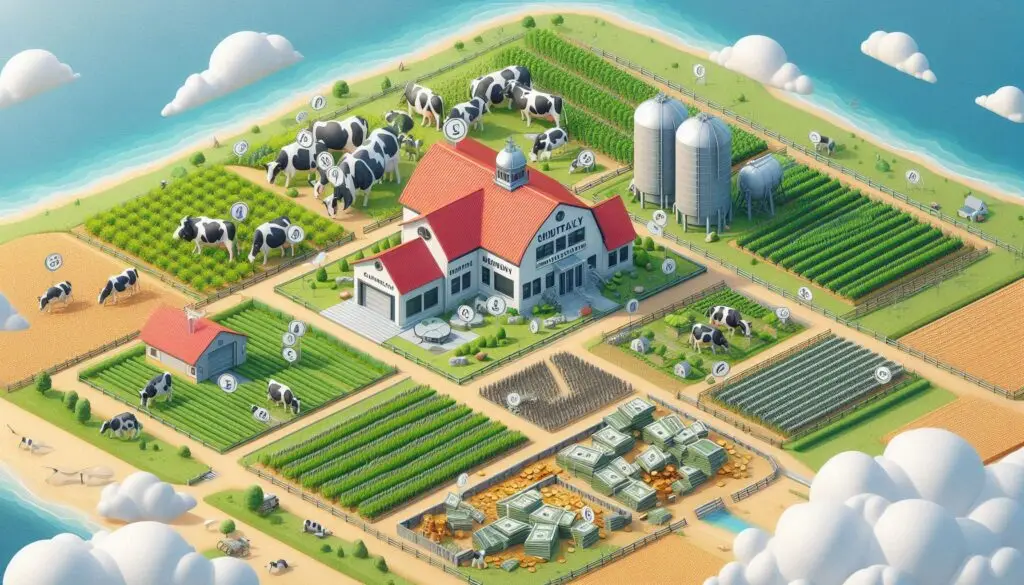
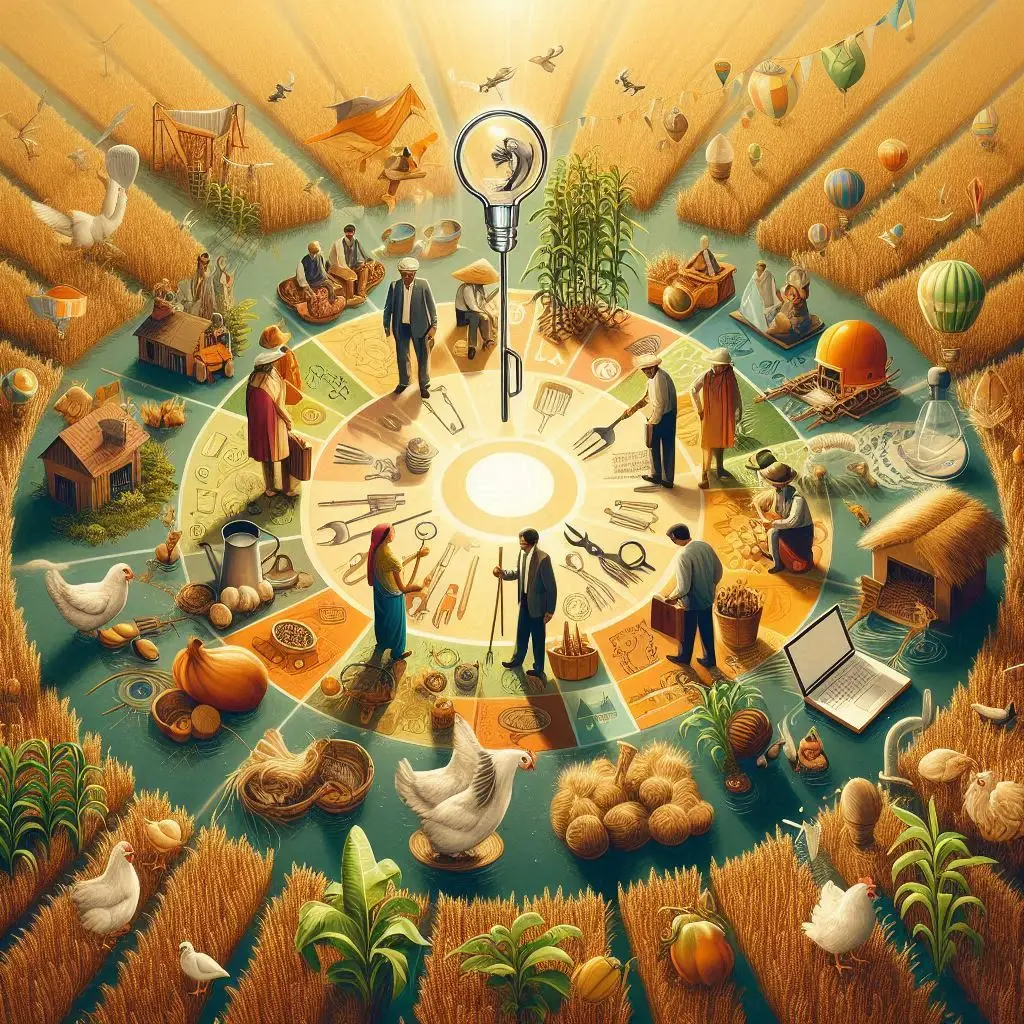
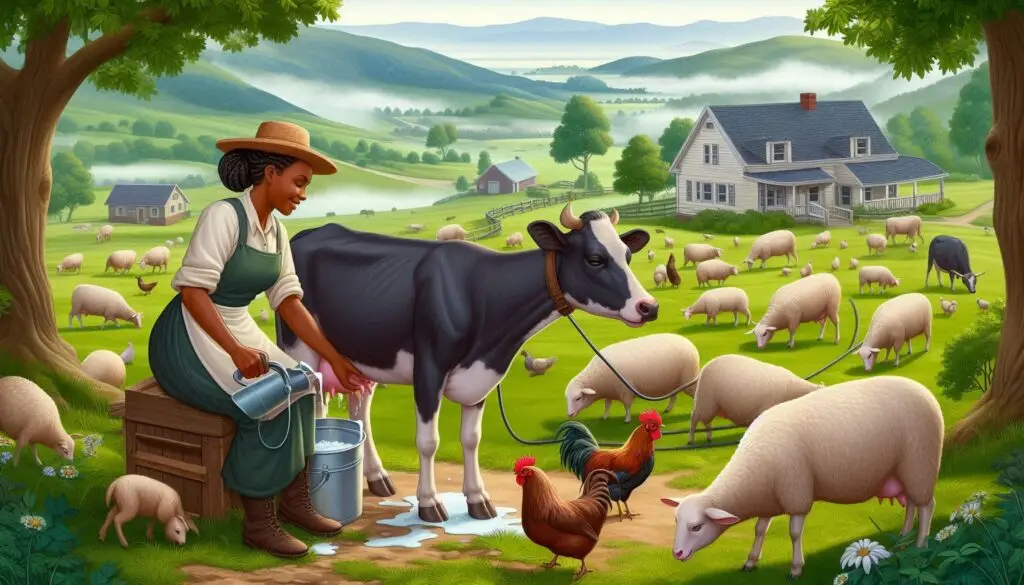
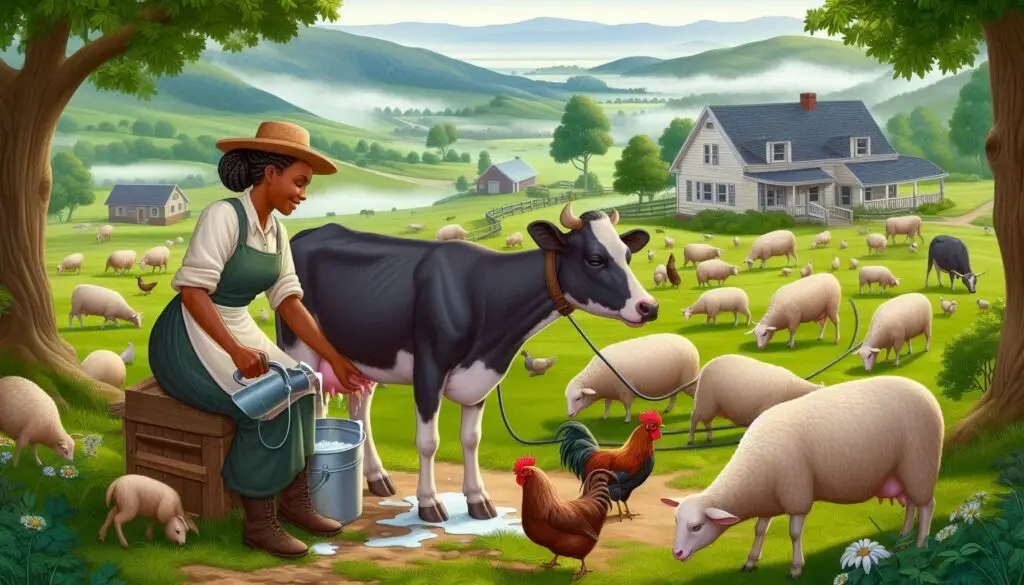
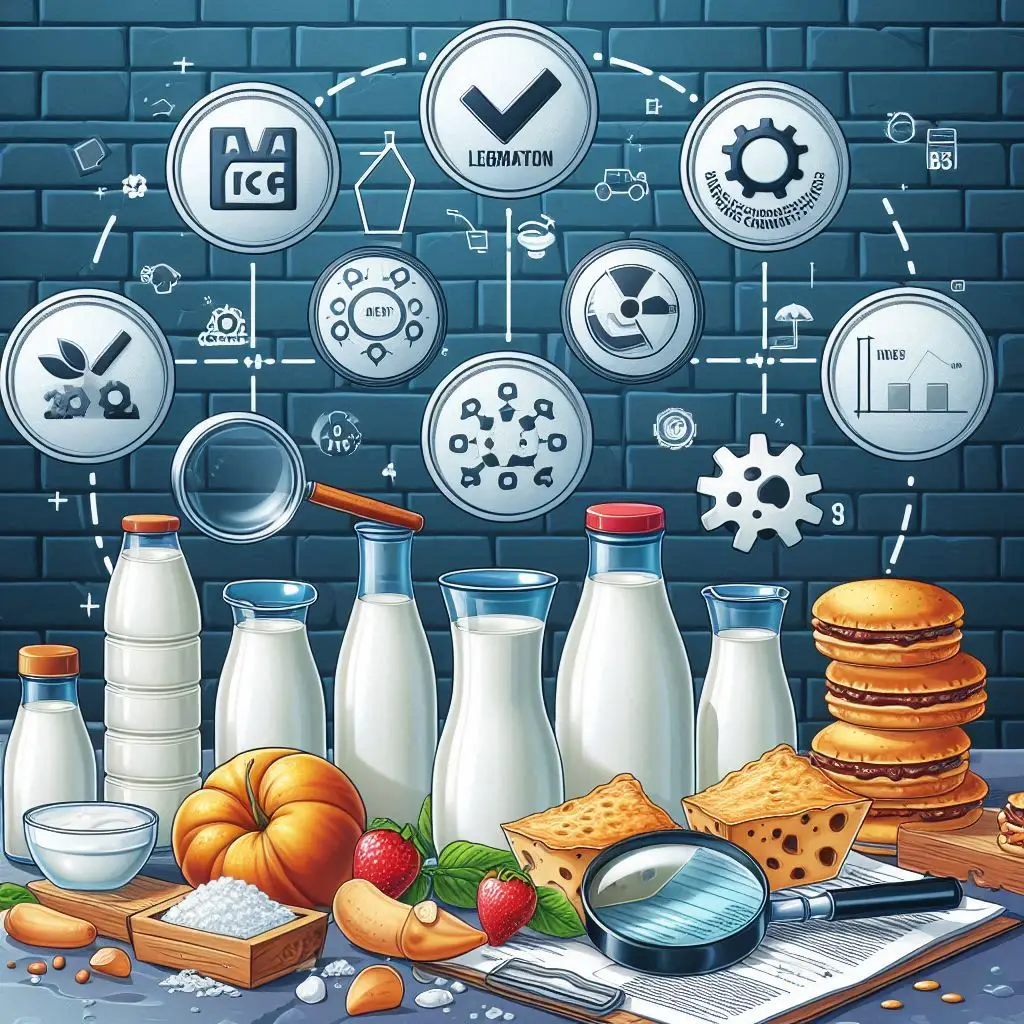
Responses